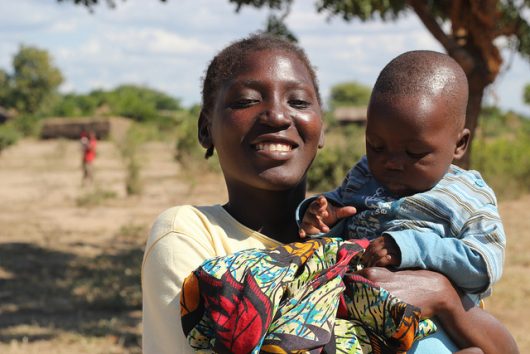Challenge Initiative Takes on Poverty

Women are the key to smart family planning. By increasing access to sexual education and contraceptives, women gain the power to make decisions about their own health and the chances of economic success.
Kamla is a 22-year-old female from Gaya, India. She is a domestic helper and lives in a single room shanty with her husband and young daughter. She does not want another child anytime soon because she feels financially unable to care for one. However, she does not have access to information about contraceptives. Increasing access to information about sexual health should be a priority for four main reasons.
- Uncontrolled population growth is an economic barrier
Nearly all population growth occurs in the developing world, and high fertility is an expensive burden on economies of these countries. High population growth limits opportunities for economic growth and increases health risks for both women and children. Quality of life suffers due to limited access to education, nutrition, employment and scarce resources such as clean water. - Women want control over their fertility
Surveys in developing countries suggest that 10 to 40 percent of women want to spread out or limit childbirth but do not have access to contraception. This demonstrates an unmet need for birth control. The biggest barriers for women are lack of knowledge and concerns about undesirable health effects. - Quality of life is enhanced
Family planning improves the lives of both women and children. Reducing the fertility rate would save many women from dying during childbirth. In developing countries, maternal mortality rates are 20 times higher than in developed countries. Increased access to contraceptives also benefits children. Children born fewer than two years apart are twice as likely to die in the first year of life as children born further apart. Being unable to spread out pregnancies also interferes with breastfeeding, which has a crucial role in child nutrition. - Gender equality is advanced
Improvements in gender equality result from the power that contraceptives give women. Teen pregnancies interfere with education and unwanted pregnancies at any life stage interfere with a woman’s economic power. Giving women control over their bodies and family size allows them to make smarter economic decisions for themselves and their families.
The Challenge Initiative is a $42 million grant from the Bill & Melinda Gates Foundation to promote reproductive health in developing countries. A previous initiative funded by this foundation showed promise in increasing contraceptive access in certain cities in Kenya, Nigeria, Senegal and India.
Based on rigorous data collected from the earlier initiative, The Challenge Initiative will use demand-based methods and partnerships with cities in order to implement successful programs in a variety of locations. If philanthropic organizations continue to invest in this solution, people – especially women – around the world will soon reap the benefits of family planning.
– Kristen Nixon
Photo: Flickr
